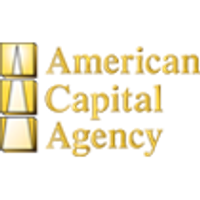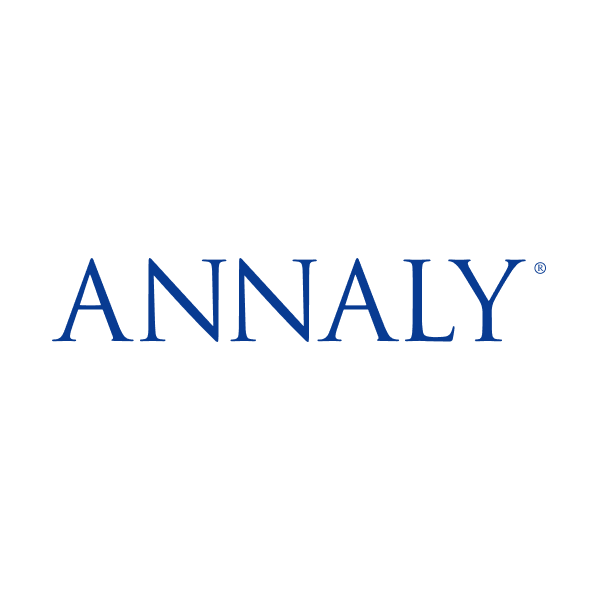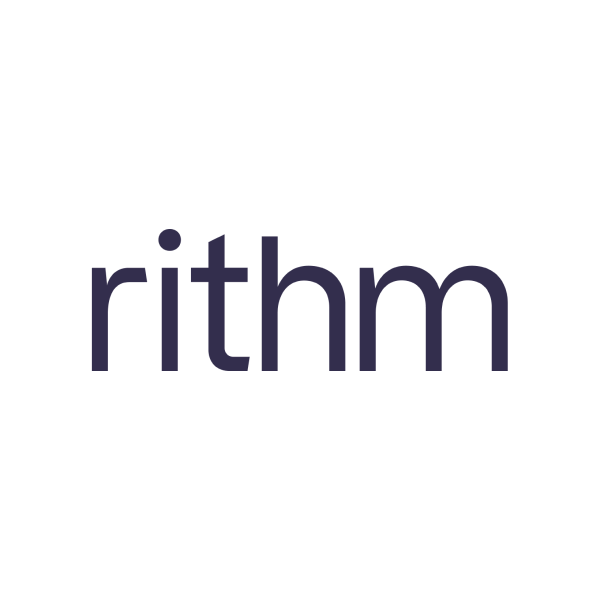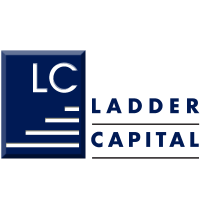
AGNC Investment Corp
NASDAQ:AGNC

Profitability Summary
AGNC Investment Corp's profitability score is 53/100. We take all the information about a company's profitability (such as its margins, capital efficiency, free cash flow generating ability, and more) and consolidate it into one single number - the profitability score. The higher the profitability score, the more profitable the company is.

Score
We take all the information about a company's profitability (such as its margins, capital efficiency, free cash flow generating ability, and more) and consolidate it into one single number - the profitability score. The higher the profitability score, the more profitable the company is.
We take all the information about a company's profitability (such as its margins, capital efficiency, free cash flow generating ability, and more) and consolidate it into one single number - the profitability score. The higher the profitability score, the more profitable the company is.

Score

Score
Margins
Profit margins represent what percentage of sales has turned into profits. Simply put, the percentage figure indicates how many cents of profit the company has generated for each dollar of sale.
Profit margins help investors assess if a company's management is generating enough profit from its sales and whether operating costs and overhead costs are being contained.
Earnings Waterfall
AGNC Investment Corp

|
Revenue
|
3.9B
USD
|
|
Cost of Revenue
|
-2.9B
USD
|
|
Gross Profit
|
973m
USD
|
|
Operating Expenses
|
-110m
USD
|
|
Operating Income
|
863m
USD
|
|
Other Expenses
|
-132m
USD
|
|
Net Income
|
731m
USD
|
Margins Comparison
AGNC Investment Corp Competitors

| Country | Company | Market Cap |
Gross Margin |
Operating Margin |
Net Margin |
||
|---|---|---|---|---|---|---|---|
| US |

|
AGNC Investment Corp
NASDAQ:AGNC
|
7.8B USD |
25%
|
22%
|
19%
|
|
| US |
N
|
New Residential Investment Corp
LSE:0K76
|
431.5B USD |
64%
|
25%
|
16%
|
|
| US |

|
Annaly Capital Management Inc
NYSE:NLY
|
10.9B USD |
21%
|
18%
|
15%
|
|
| US |

|
Starwood Property Trust Inc
NYSE:STWD
|
6.4B USD |
26%
|
0%
|
18%
|
|
| US |

|
Rithm Capital Corp
NYSE:RITM
|
5.4B USD |
64%
|
25%
|
16%
|
|
| US |

|
Blackstone Mortgage Trust Inc
NYSE:BXMT
|
3.2B USD |
23%
|
-11%
|
-11%
|
|
| US |

|
Hannon Armstrong Sustainable Infrastructure Capital Inc
NYSE:HASI
|
2.9B USD |
37%
|
7%
|
52%
|
|
| US |

|
Arbor Realty Trust Inc
NYSE:ABR
|
2.1B USD |
44%
|
20%
|
16%
|
|
| US |

|
Ladder Capital Corp
NYSE:LADR
|
1.3B USD |
56%
|
22%
|
21%
|
|
| US |

|
Apollo Commercial Real Estate Finance Inc
NYSE:ARI
|
1.3B USD |
38%
|
18%
|
-17%
|
|
| US |

|
ARMOUR Residential REIT Inc
NYSE:ARR
|
1.2B USD |
1%
|
-3%
|
-5%
|
Return on Capital
Return on capital ratios give a sense of how well a company is using its capital (equity, assets, capital employed, etc.) to generate profits (operating income, net income, etc.). In simple words, these ratios show how much income is generated for each dollar of capital invested.




Return on Capital Comparison
AGNC Investment Corp Competitors

| Country | Company | Market Cap | ROE | ROA | ROCE | ROIC | ||
|---|---|---|---|---|---|---|---|---|
| US |

|
AGNC Investment Corp
NASDAQ:AGNC
|
7.8B USD |
8%
|
1%
|
9%
|
1%
|
|
| US |
N
|
New Residential Investment Corp
LSE:0K76
|
431.5B USD |
11%
|
2%
|
4%
|
2%
|
|
| US |

|
Annaly Capital Management Inc
NYSE:NLY
|
10.9B USD |
7%
|
1%
|
3%
|
1%
|
|
| US |

|
Starwood Property Trust Inc
NYSE:STWD
|
6.4B USD |
6%
|
1%
|
0%
|
0%
|
|
| US |

|
Rithm Capital Corp
NYSE:RITM
|
5.4B USD |
11%
|
2%
|
4%
|
2%
|
|
| US |

|
Blackstone Mortgage Trust Inc
NYSE:BXMT
|
3.2B USD |
-5%
|
-1%
|
-1%
|
-1%
|
|
| US |

|
Hannon Armstrong Sustainable Infrastructure Capital Inc
NYSE:HASI
|
2.9B USD |
9%
|
3%
|
0%
|
0%
|
|
| US |

|
Arbor Realty Trust Inc
NYSE:ABR
|
2.1B USD |
7%
|
2%
|
2%
|
2%
|
|
| US |

|
Ladder Capital Corp
NYSE:LADR
|
1.3B USD |
7%
|
2%
|
2%
|
3%
|
|
| US |

|
Apollo Commercial Real Estate Finance Inc
NYSE:ARI
|
1.3B USD |
-7%
|
-2%
|
2%
|
2%
|
|
| US |

|
ARMOUR Residential REIT Inc
NYSE:ARR
|
1.2B USD |
-2%
|
0%
|
-1%
|
0%
|
Free Cash Flow
Free cash flow (FCF) is the money a company has left over after paying its operating expenses and capital expenditures. The more free cash flow a company has, the more it can allocate to dividends, paying down debt, and growth opportunities.
If a company has a decreasing free cash flow, that is not necessarily bad if the company is investing in its growth.






















































 You don't have any saved screeners yet
You don't have any saved screeners yet
